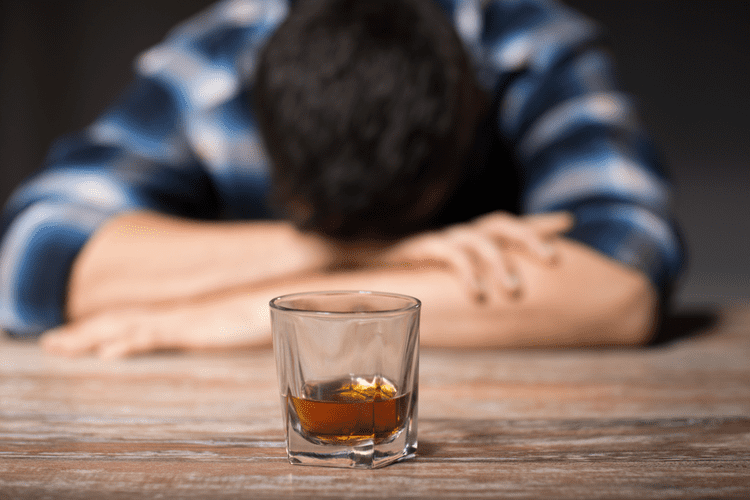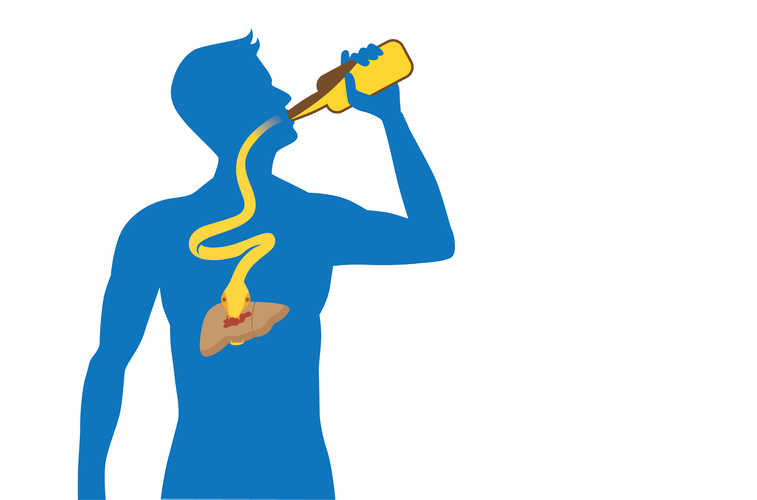Alcoholic Rage Syndrome: Alcohol and Anger
As alcohol impairs cognitive functions and inhibitions, individuals may experience a diminished ability to rationalize or diffuse drunk aggression feelings of anger. Understanding the relationship between alcohol consumption and anger expression is essential. By exploring the underlying mechanisms and psychological impacts, we can educate ourselves on how to deal with these dynamics effectively. Beyond its physiological effects, the association between alcohol and anger can affect the mental health of an individual. Others, especially those with underlying anger issues, are more likely to show aggression when drinking.
International Affective Picture System: A Comprehensive Tool for Emotion Research

Those dealing with symptoms of alcohol rage syndrome may be ashamed of things they have done in the past, but they can seek treatment at Dove Recovery without fear of judgment. Seeking professional help via counseling or therapy can be beneficial for individuals suffering from alcoholic rage syndrome. Alcohol can be directly responsible for lowered inhibitions or a reduction in what is alcoholism self-control. Due to substance abuse, individuals may behave impulsively and dangerously or with socially inappropriate actions. Legal issues are another common fallout of alcohol-induced aggression.
2.3 AA Involvement
When you feel a surge of anger, your impaired impulse control means you’re more likely to act on it immediately and intensely, without pausing to consider the fallout. This is why small disagreements can escalate so quickly when alcohol is involved—the brain’s natural braking system is offline. Conversely, the chronic consumption of alcohol can also contribute to the development of anger issues.
Warning Signs That Someone May Be Experiencing Alcohol Rage Syndrome
Moreover, studies have shown that individuals with a history of alcohol abuse are more prone to aggressive outbursts than those who drink in moderation. This connection underscores the importance of understanding your drinking habits and their potential consequences. By recognizing the underlying science, you can take steps to mitigate these effects and protect your relationships from the fallout of alcohol-induced aggression. We considered anger measures and indices of AA involvement as potential candidates in this regard.
Role of Alcohol in Chronic Anger Issues
- Many people find that when they drink or drink too much, they get upset, angry, or even violent.
- It’s like alcohol gives the green light to our inner Hulk, allowing rage to take the wheel.
- Never feel guilty for protecting your own mental and physical well-being.
- Learn more about our recovery programs designed to assist individuals struggling with alcohol dependency.
Researchers surveyed 175 young adults who mixed alcohol with caffeinated energy drinks about their verbal and physical aggression in bar conflicts. Results showed enough escalation in people consuming these drinks to label the beverages a “potential risk” to increased hostility. “Trait anger” refers to a person’s general tendency to experience chronic anger over time.

2 Attendance and Treatment Satisfaction
One study published in a journal called Cognitive, Affective, & Behavioral Neuroscience sought to explore factors that make some people more aggressive when they drink. Additionally, more than three-quarters of study participants with the gene had mood disorders, personality disorders, and mood swings (10). A small 2015 study published in Translational Psychology investigated the role of this variation in impulsive and aggressive behavior while intoxicated (10). The PFC region of the brain is where we make judgment calls about potential behavior before acting on it. When alcohol impairs this area, a person may be more likely to behave in a way they wouldn’t while sober, including getting confrontational (2). “It can be difficult to be aware of the impact of your emotions due to alcohol’s effect on the brain,” Metcalf explains.
Common Emotional Experiences While Drinking
One of alcohol’s key effects is that it lowers our ability to think through consequences. This heightened impulsivity means that when a flash of irritation flares up, we’re much more likely to express it immediately and intensely. By simply observing your patterns without judgment, you can start to see the links between your environment, your emotions, and your drinking. Boundaries are the guidelines you set to protect your mental and emotional well-being.
- Other signs include hiding the drinking, turning to alcohol to cope, personality changes, family or personal relationship problems, and reckless behavior.
- When you drink, it’s not just your coordination that gets a little fuzzy; your perception of the world around you changes, too.
- Furthermore, underlying mental health conditions might influence your trend towards angry outbursts.
- When people drink alcohol, it can also intensify emotions, making them more likely to react aggressively, feel euphoric, or become overly emotional.
- When you heavily consume alcohol, your prefrontal cortex becomes damaged, altering your decision-making capabilities.
Northern Illinois Recovery Center
Alcoholism, a chronic and progressive disorder, is characterized by a compulsive need to consume alcohol, despite the negative consequences it may have on one’s physical, mental, and social well-being. One study found that chronic alcohol use decreases the function in the prefrontal cortex, which plays a key role in impulse control. Additionally, watch for changes in your mood or behavior that coincide with your drinking patterns. You might find yourself feeling irritable, anxious, or aggressive when consuming alcohol, even if these feelings aren’t present when you’re sober.
For example, suppose you see a friend or person in your surroundings with violent behavior after drinking alcohol. In that case, you may react the same way because of excessive exposure to such harmful environments and behaviors. Similarly, a low socioeconomic background can also make you express anger outbursts more often. Although alcohol consumption may produce short-term relaxing and soothing effects, it has many adverse effects on human https://artrya.in/abstinence-or-moderation-is-there-a-correct-choice/ behavior and emotions in the long run. As mentioned above, alcohol can damage the brain cells and their chemicals; alcohol can lead to aggression, uncontrolled anger, offensive behavior, and violent activities.
For these reasons, some people may exhibit nervousness, outbursts, aggression, and even violence while intoxicated or during withdrawal. Some people may become more angry or aggressive when they drink, in part because of alcohol’s effects on brain chemistry. Additionally, the amygdala area of the human brain is where we process emotions. And our orbitofrontal cortex (OFC), which is part of the PFC, helps calm feelings of rage and aggression. Research suggests several factors may be involved, including personality, genetics, social considerations, brain chemistry, and brain changes. When combined with other evidence-based therapies, such as cognitive behavioral therapy (CBT), MAT can help prevent relapse and increase your chance of recovery.
It’s also helpful to check in with your basic needs using the HALT method before you even have a drink. Addressing one of these underlying issues first can often prevent an emotional storm later on. Making a significant change in your relationship with alcohol doesn’t have to be a solo journey. The key is finding the right support structure that fits your life and your goals. Let’s walk through some of the most effective options you can start using today. Alcohol can make you the life of the party, but it can also make you misread it entirely.
